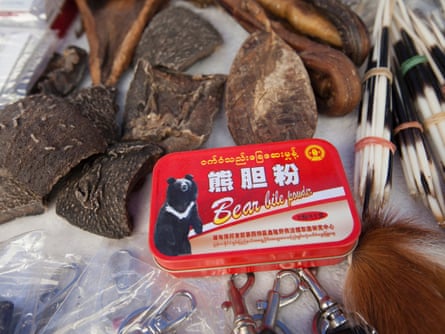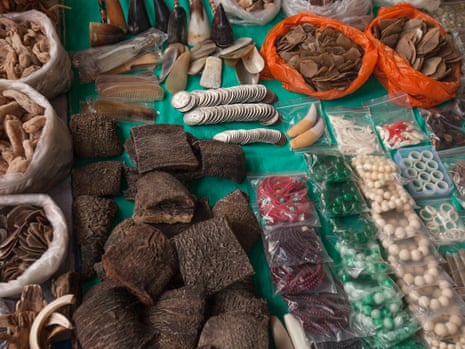Mong-La is a notorious sin city of a border town, a lawless black hole where the trafficking of arms, drugs and women is rife.
In order to reach it, you have to travel illegally by motorbike across an international border, along a bumpy dirt track that winds its way through rubber plantations and leafy jungle. It takes around 20 minutes, and along the way you pass impromptu checkpoints set up by local people, ethnic militia and the National Democratic Alliance army, before finally being admitted by Burmese government troops.
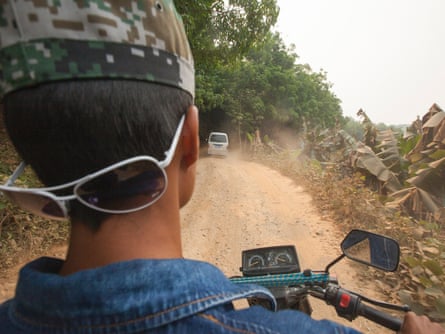
I spent the day exploring the illegal wildlife markets and restaurants, but it was only after exiting Burma in the late afternoon that I realised that the real story was to be found on the Chinese side of the border.
At the market in Mong-La, a Noah's ark of endangered animal products can be bought, including tiger skins, thick chunks of elephant hide and tusks, pangolin scales, clouded leopard pelts, flying squirrels, masked palmed civet cat, Asiatic moon bear skins, and Tibetan antelope skulls.
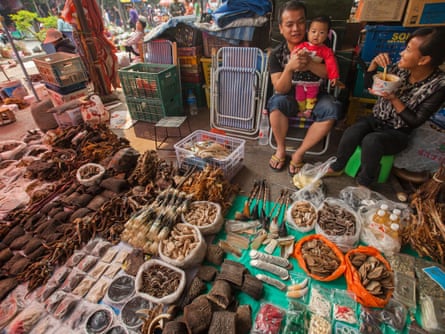
Many of those same items were also available in the Chinese border town of Daluo, but marked up significantly. For example a tiger skin for sale in Mong-La can be bought for around RMB50,000 (£4,700). But over the border in China, that same skin can fetch upwards of RMB200,000 (£18,900).
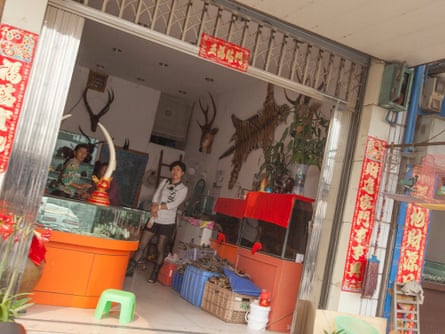
The illegal wildlife trade in Burma is nothing new. For decades, NGOs and governments have known the Burmese border regions with China are a problem area.
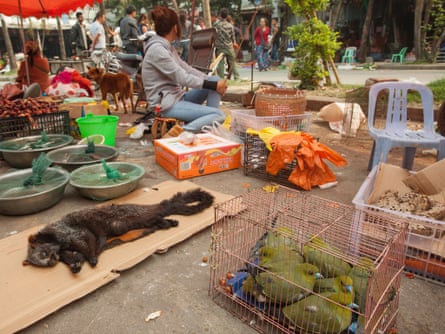
What's not known, however, is how a thriving illegal market in the body parts of critically endangered species for Chinese medicine can flourish within just a few metres of China's official border crossing with Burma – on the Chinese side.
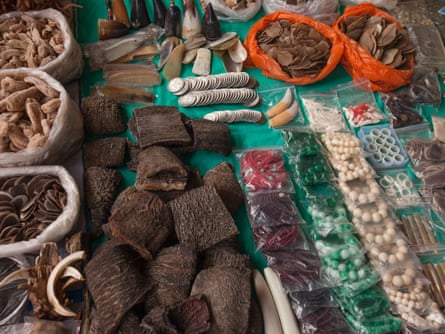
The inconvenience and risk of getting to Mong-La has prompted this parallel market in illegal wildlife trade products to spring up, catering to disappointed tourists who may feel comfortable buying illegal wildlife products, but are averse to evading the China government's formalities of immigration and customs checks.
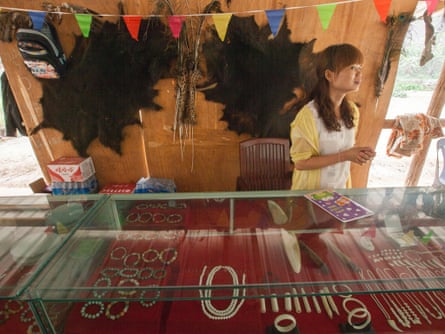
The Chinese government has for decades has been a friend and ally of the ethnic militias along its Burmese border. But since the opening up of Burma, and the arrival of a more open government, China's traditional support for those militias has waned, and so now China is supporting the official Burmese government in Naypiydaw.
This shift has seen Mong-La dropped from the list of designated tourist destinations approved by the tourism bureau of the Chinese province that borders Burma, Yunnan. Consequently, disappointed tourists headed to Mong-La are being turned back at the border, and instead some of them make do with the market in Daluo to buy their illegal wildlife products.
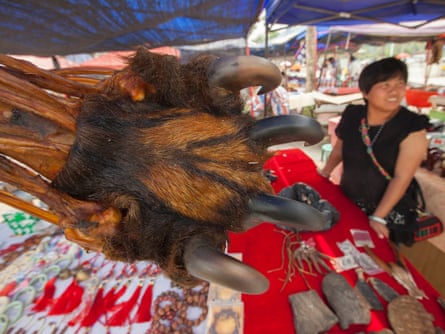
Many still do make the illegal motorbike trip over the hill in to Burma, but according to Saman, a young ethnic Dai motorbike boy, “there are not so many Chinese making this trip anymore”. China still provides mobile phone coverage and electricity in Mong-La, but how long this will last is anyone's guess.
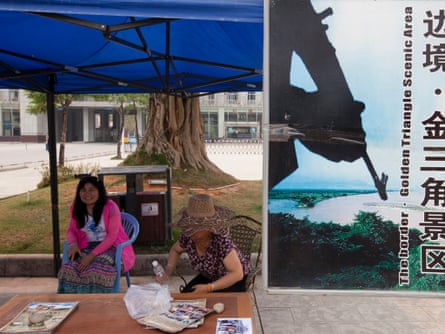
Given China's attempts at leadership on the wildlife trade at a larger level – crushing confiscated ivory, attending the London summit on the problem – it's a shame the government's reach has not extended to stamping out the apparent corruption at local level.
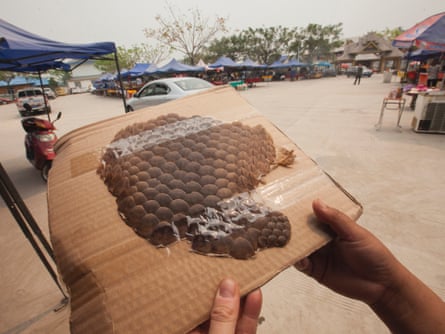
One trader in Daluo, who refused to give her name, said: “If the police come, we just hide these things. As long as [these illegal wildlife parts] are not on public view it is OK. We just put it all back out for sale when the police have gone.”
